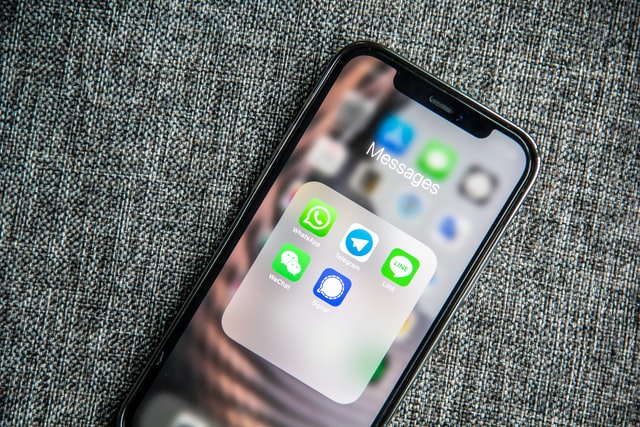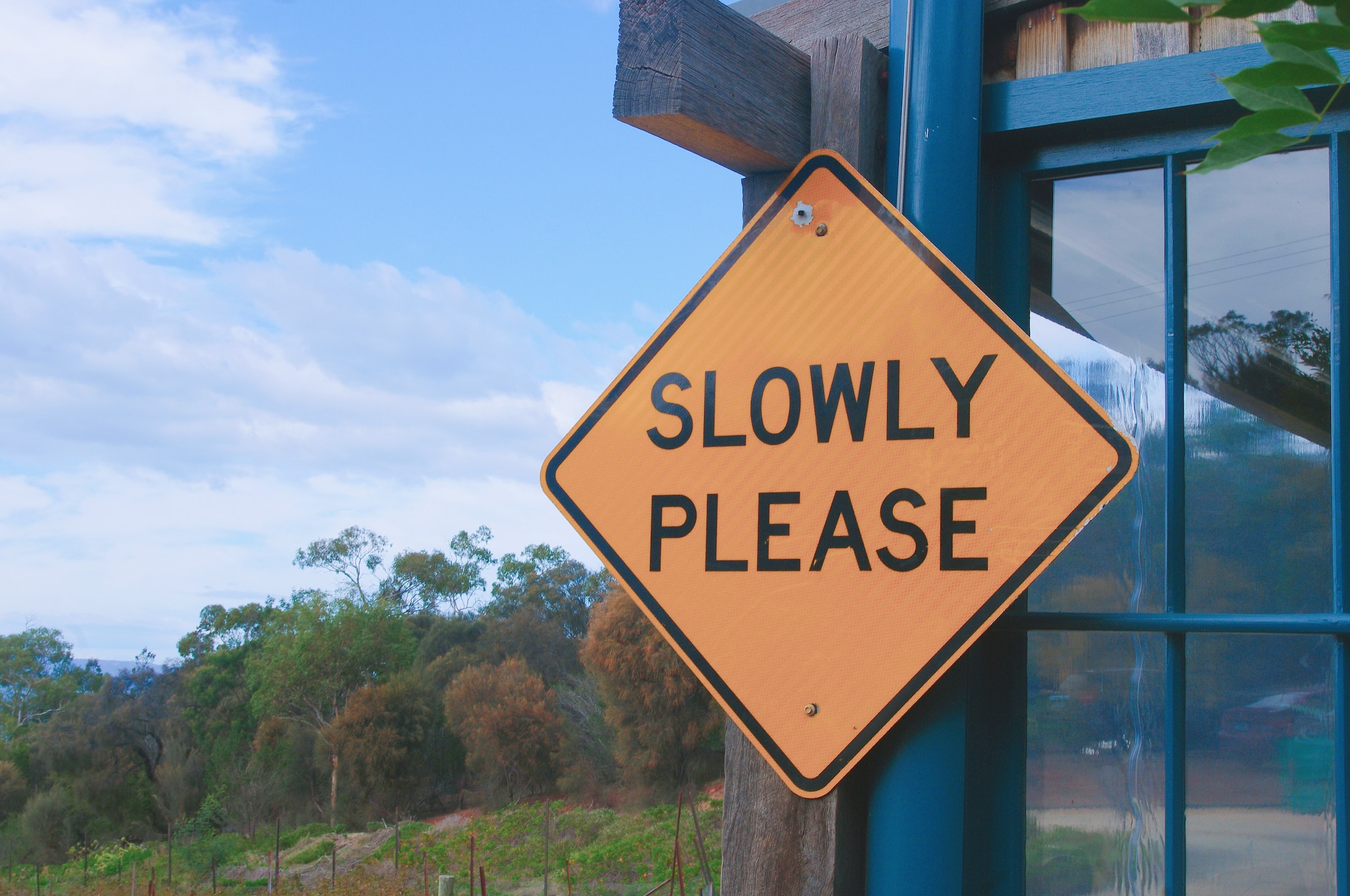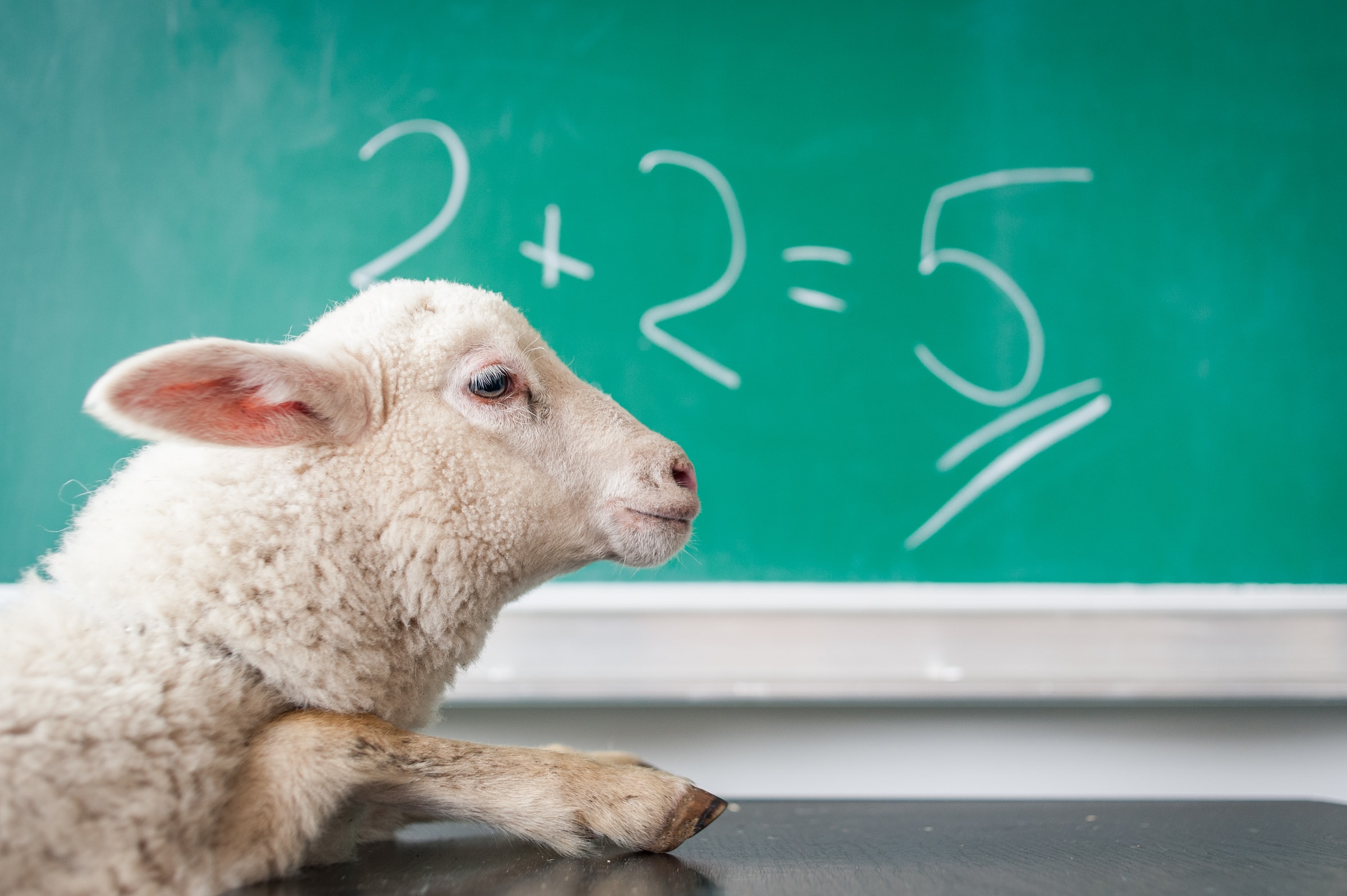Chatting in English with an English-speaking friend is a great way to learn the language! But sometimes it can be problematic for those learners who have no idea about specific abbreviations which are commonly used in informal communication. These abbreviations are named SMS language (Short Message Service), also known as texting language. These abbreviations, which natives use, can include different numbers to shorten writing. For example, do you understand this sentence: "WRY, <3? Well, I’m so ZZZ( XO, see u 2mrw!"?
There are many abbreviations like in the example above and we have prepared a table with some of them for you to learn about the most common and useful ones. You can also "decode" the example using the table with some abbreviations of the SMS language!
Table 1. Examples of SMS language
| Abbreviation | Meaning |
| <3 | love |
| 2 | to |
| 2mrw | tomorrow |
| 4 | for |
| u | you |
| U2 | you too |
| ur | your/you're |
| w/ | with |
| w/o | without |
| WRU | Where are you? |
| XO | hugs and kisses |
| ZZZ | tired/bored |
Here is the example from above without any abbreviations: "Where are you, love? Well, I’m so tired( Hugs and kisses, see you tomorrow!".
Note down!
The SMS language is used by many natives because it is much easier. Nowadays there is a tendency for simplification in many languages including English. Many shortened forms have become a norm so you should not think that using such abbreviations is a mistake. Each language is “alive”, it is changing through time all the time! For example, did you know that in Old English there were cases, nouns had changeable endings, and much more! It is a usual thing for a language to change according to the circumstances. So, you can use texting language while chatting with friends or relatives but in more formal situations use full forms of the words.










Comments (0)